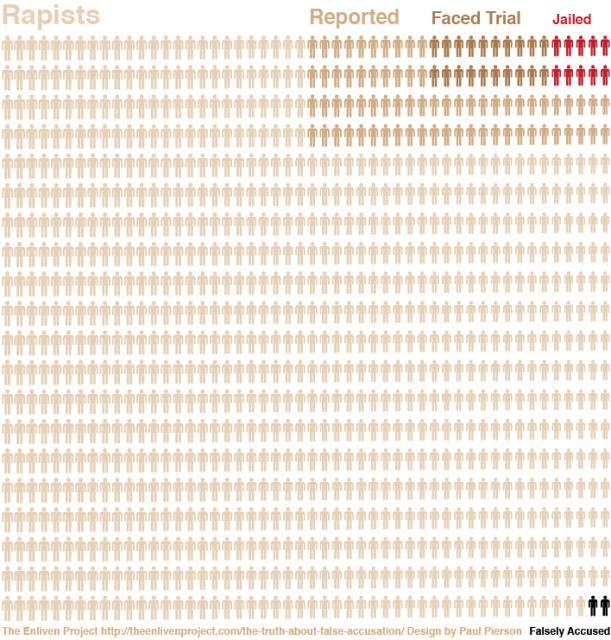In the news....
New Rules Would Boost Rights of Those Accused of Campus Sexual Assaults
From the above article.....
Education Secretary Betsy DeVos is preparing to release new rules strengthening protections for students accused of sexual assault on campus and lessen the burden placed on schools, according to a person familiar with the contents.
The rules will narrow the definition of sexual assault that schools are required to adjudicate and will restrict eligible cases to those that occur on campus.
They also will raise the burden of proof used by schools when adjudicating the cases, with schools permitted to choose between two legal standards in determining an accused student’s guilt.
The Education Department plans to formally propose the rules in September.
The Obama administration had required schools use a “preponderance of the evidence” standard, meaning more likely than not, which is the standard used in most civil lawsuits. Now, schools will be allowed to revert to a higher standard, which would make it tougher to find accused students guilty.
The new rules are designed to replace the 2011 Obama-administration guidelines that were intended to bolster protections for victims of sexual assault or abuse. University administrators, men’s rights activists and some other advocates have complained that those guidelines tilted odds unfairly against the accused.
Mrs. DeVos revoked those guidelines in 2017. The rules she intends to put in place will carry the force of law without action by Congress.
The rules are being prepared as sexual assault—and schools’ responses to misconduct—remain a flashpoint on college campuses at the start of the new school year. Both the accused and those accusing their classmates, teachers or others of sexual assault have faulted institutions for shoddy investigations or biased tribunals.
Mishandling complaints can prove costly: Michigan State University agreed this spring to a $500 million payment to settle allegations by hundreds of girls and women that it didn’t appropriately investigate or respond to claims of assault by longtime sports-medicine doctor Larry Nassar. The University of Southern California is facing numerous lawsuits about its own response to allegations against a campus gynecologist.
Liz Hill, a spokeswoman for the Education Department, said the agency was in the midst of a “deliberative process” and that reports of the rule’s contents, first disclosed by the New York Times, are “premature and speculative.” She declined to comment further.
In a speech last year, Mrs. DeVos likened the campus processes used to adjudicate sexual assault to “kangaroo courts” that followed arbitrary rules and offered inadequate protections to those involved.
“Survivors, victims of a lack of due process, and campus administrators have all told me that the current approach does a disservice to everyone involved,” she said.
The new rules drew swift condemnation from victims’ rights advocates, who said they represent an effort to scale back newfound protections for women and other victims of sexual assault.
“They are making it more difficult for young people to be able to report sexual assault, and they are tipping the scales so that it will be very difficult for any student who is accused to be held accountable,” said Anurima Bhargava, who headed civil rights enforcement for schools and colleges in the Justice Department during the Obama administration.
The rules will make other changes designed to strengthen protections for accused students under the civil rights law called Title IX. They will require that students be allowed to cross-examine their accusers, a practice the Obama administration sought to discourage because questions could be “traumatic or intimidating.”
They will also allow schools to choose which parties, if any, should be permitted to appeal cases. The Obama guidelines required schools to permit both parties to appeal rulings, but critics said that practice too often forced schools to retry accused students who had been previously found innocent.
The Obama administration also discouraged the use of mediation, even if voluntary, to punish alleged perpetrators of sexual assault. The new rules will permit that practice. The administration also will explicitly allow schools to provide “supportive measures” to students who choose not to file a formal sexual- assault complaint.
Calls to overhaul the sexual-harassment complaint process have been growing for years since the Obama administration put in place the new guidelines, and critics have extended beyond conservative voices.
University administrators, in particular, said the old process put undue restraints on their ability to handle assault cases, and that the Obama administration’s stance led schools to fear that any misstep could prompt a costly federal investigation.
An analysis by The Wall Street Journal earlier this year found that, as the Education Department was preparing its new rules, its civil-rights division was opening fewer sexual harassment investigations into higher education institutions and closing them at a significantly faster clip.

